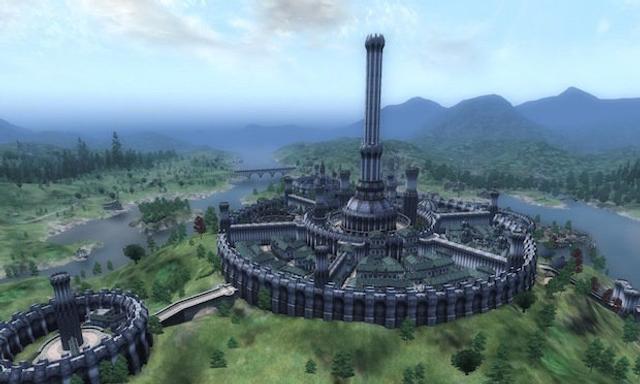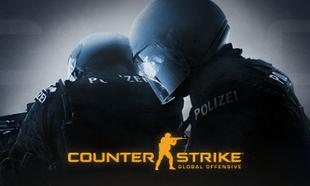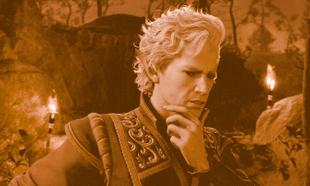Released on March 20th, 2006, Oblivion changed not only the course of the Xbox 360 but also how we play role-playing games and experience them.
Up until this point, RPGs on consoles were primarily one of two experiences. You either had the Final Fantasy / SquareEnix version, which was something that was truly dense and almost impenetrable to follow and was often locked into a somewhat linear experience. The other option was the Legend of Zelda version, much less detailed and more closer to a puzzle-solving experience than something of true depth. It was either far too much or far too little to hold your attention.
Oblivion changed all that and became what its designer, Todd Howard, set out to create - the quintessential RPG experience of its generation.
The storyline itself was fascinating. You weren't some mighty hero descended from the gods, you weren't even a noble warrior or some kind of revered person. In fact, the game opened with you in jail. The only reason you're brought into the game is because the Emperor (voiced by Patrick Stewart, no less) is making a swift escape from the city and you're ordered to follow along to help protect him. From there, the game is essentially an open book. You could continue on with the main quest, explore the countryside, join a faction, do anything and everything you want.
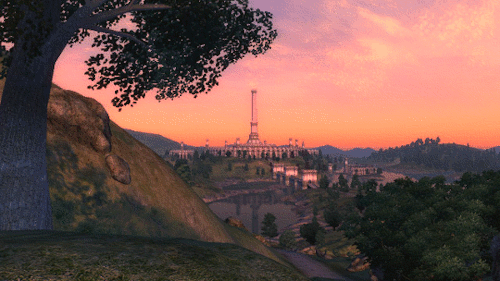
What's more, there were no boundaries on where you could go to. It was up to you to pick a point on the map and explore it. It didn't require you to reach a certain character level or even complete a certain set of tasks. If you wanted to march right into the most difficult cave or castle in the game, you could. Of course, you'd normally wind up dead within a few minutes - but the freedom to do so was there. No console game gave you that kind of freedom from the off. In fact, many players have even gone back and played through Oblivion by ignoring the main quest entirely to see what happens.
Amazingly, the game reacted to this and allowed it to happen. At the time, that was unheard of. No game would ever allow you to disregard the main focus of the story to explore a set of caves or go after a specific side-quest. That's what made Oblivion so immersive for players. You were never bothered by the game to return to the main story. If you wanted to explore the high mountains off in the distance or go diving through some ancient ruins, you absolutely could. Nothing, bar your own abilities, could stop you.
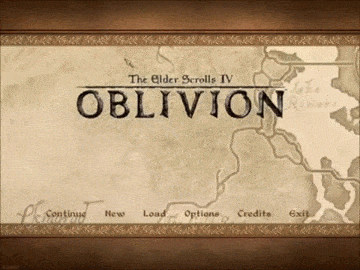
It wasn't just gameplay that Oblivion so immersive. Its realistic physics engine, developed by Irish games company Havok, had a true sense of realism to it. When you fired off an arrow, there was something satisfying about how it reacted to characters. When your sword hit another shield or your armour clanged against hits, the game reacted accordingly and the physics engine sold it. Not only that, Jeremy Soule's gorgeous soundtrack was always in the background, adding even more gravitas to the wondrous surroundings.
For all its intricacies and nuances, Oblivion was at its heart a simple enough game. You build your character and you explore the map. The impact it had can't be overstated. Winning several industry awards and universal acclaim upon its release, Oblivion sold over nine million copies during its run and solidified Elder Scrolls and Bethesda as the leaders in role-playing games for years to come.
